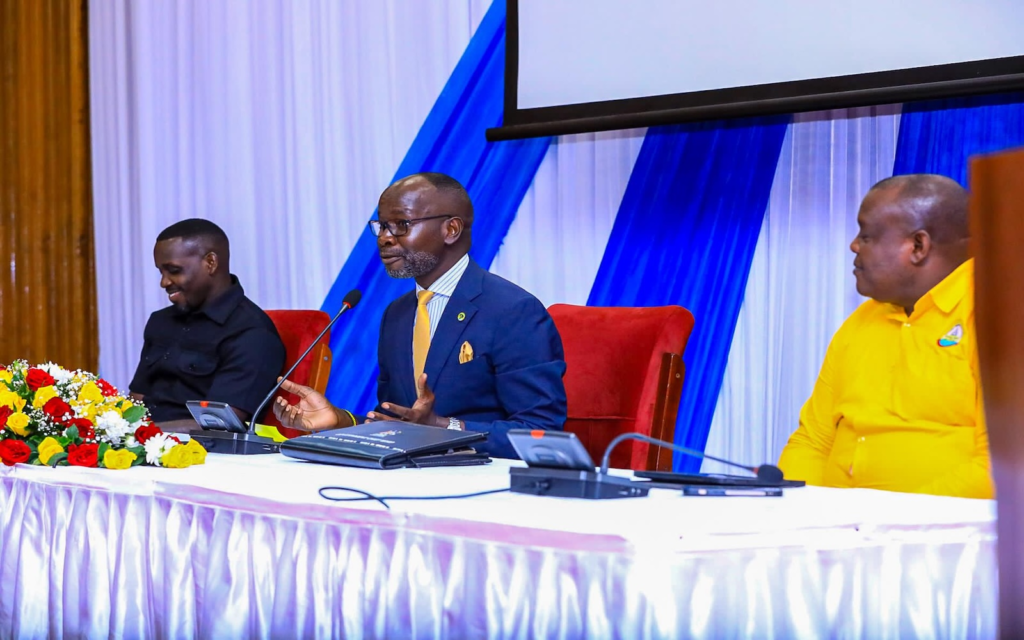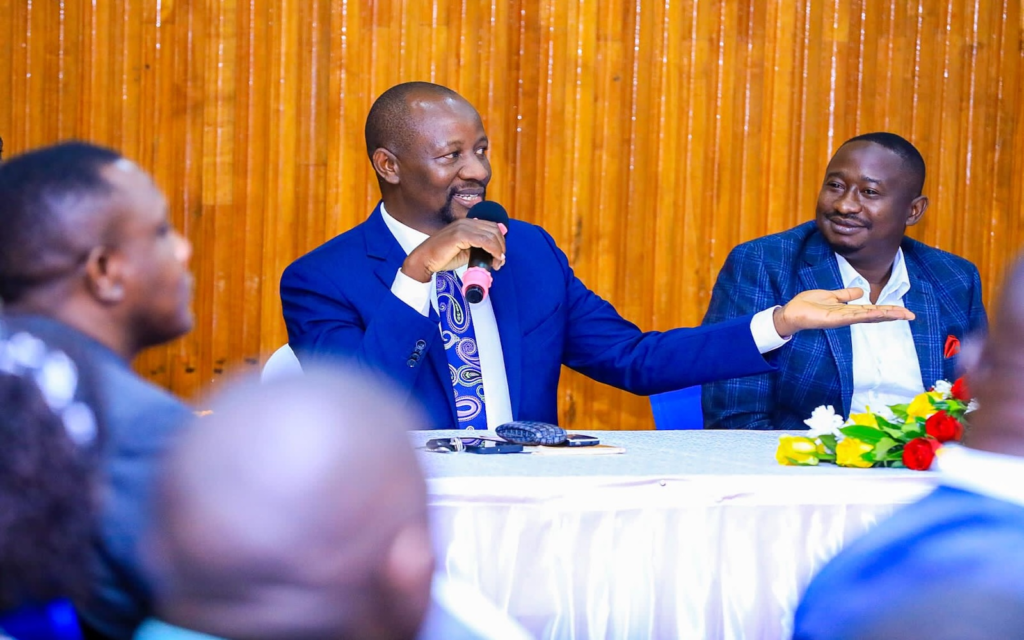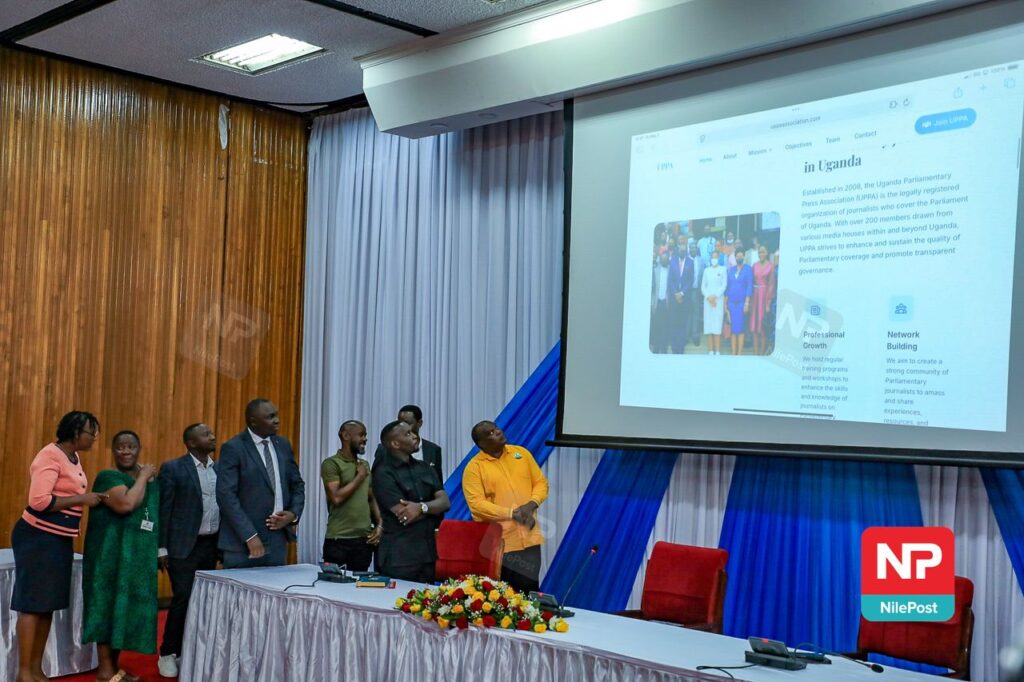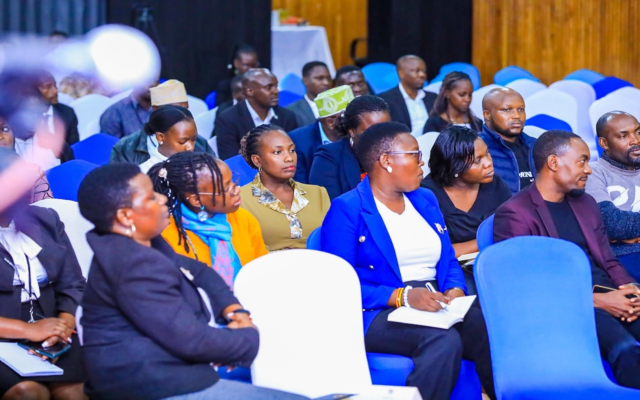
On several occasions, journalists have faced various forms of harassment and violations while carrying out their work, which has greatly threatened their safety. However, regardless of the circumstances, they continue to persevere for the sake of their audiences. This is evident through incidents such as beatings, arrests and detentions, confiscation of equipment, and other forms of mistreatment.
Away from the field, many journalists—especially female journalists—face various forms of harassment within newsrooms. These incidents often go unreported, as most journalists choose not to speak out. This silence is driven by fear of retaliation from perpetrators, potential job loss, public backlash, or cultural constraints, among other reasons. Perpetrators include police, military personnel, security officials at different levels, as well as newsroom supervisors and managers. As a result, some journalists have been forced to abandon the profession.
As these issues persist, journalists have continued to engage various stakeholders through their professional associations in an effort to secure their freedom to report and write stories, and to promote a safer and more cooperative working environment in the field. However, these efforts have not been successful, as the same violations continue to occur.
The President of the Uganda Parliamentary Press Association, Sam Ibanda Mugabi, expressed concern over the harassment of journalists during the recent Kawempe elections. He appealed to stakeholders to make every effort to ensure such incidents do not happen again during the upcoming 2026 elections, in order to create a favorable environment for journalists to do their work.

The day’s chief guest and Government Chief Whip, Hamson Obua, urged journalists to actively engage stakeholders in finding ways to improve their working conditions. He also encouraged them to turn their challenges into opportunities by not only focusing on the negatives but also recognizing how far the country has come and appreciating the progress made so far.
During the panel discussion, the Member of Parliament for Kira Municipality, Ibrahim Ssemujju Nganda, stressed that press freedom is no longer truly visible, despite numerous efforts to advocate for it.
He noted that little to no progress has been achieved. He encouraged journalists to continue fulfilling their duties for the good of the country, regardless of the challenges they face.
Similarly, the board Chairperson of the Uganda Media Women’s Association, Charity Ahimbisibwe Kaleebo, expressed concern that although there are laws to hold perpetrators accountable, many of them ‘wear masks’ which puts the work of journalists at risk. ‘We are tired of seeing naked women and being asked about our marital status every time we stand for a position. We want to be fully recognized and accorded our rights as women,’ she emphasized.
Also speaking on the panel was Julius Mucunguzi, Spokesperson for the Uganda Electoral Commission, who noted that before identifying as journalists, individuals should first recognize their responsibility as citizens. However, he emphasized that the Electoral Commission values independent media, acknowledging that a free and fair electoral process cannot be achieved without granting the media the freedom to perform its role effectively.
Similarly, the Executive Director of the African Institute for Investigative Journalism, Solomon Sserwanja, explained that throughout his years in the media industry, journalists have continuously faced oppression, yet perpetrators have not been held accountable—putting journalists’ lives at risk. He added that they will not stop demanding their freedom until meaningful action is taken.
The CEO of the National Broadcasters Association, Joseph Beyanga, called for unity among media practitioners, noting that without it, the media creates room for violators to continue harassing them. ‘Before we focus on what it is, we should look at what it is supposed to be,’ he emphasized.
While closing the meeting, the Leader of the Opposition in Parliament, Joel Ssenyonyi, expressed dissatisfaction with the continued harassment of the media during elections, noting that little to nothing has been done to address the issue. He criticized the Electoral Commission for its silence in the face of repeated incidents where journalists have been beaten, arrested, forced to self-censor, and had their equipment confiscated. ‘We urge you to protect the very freedom you once demanded,’ he challenged government officials.

During the meeting, the Uganda Parliamentary Press Association officially launched its website.






